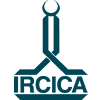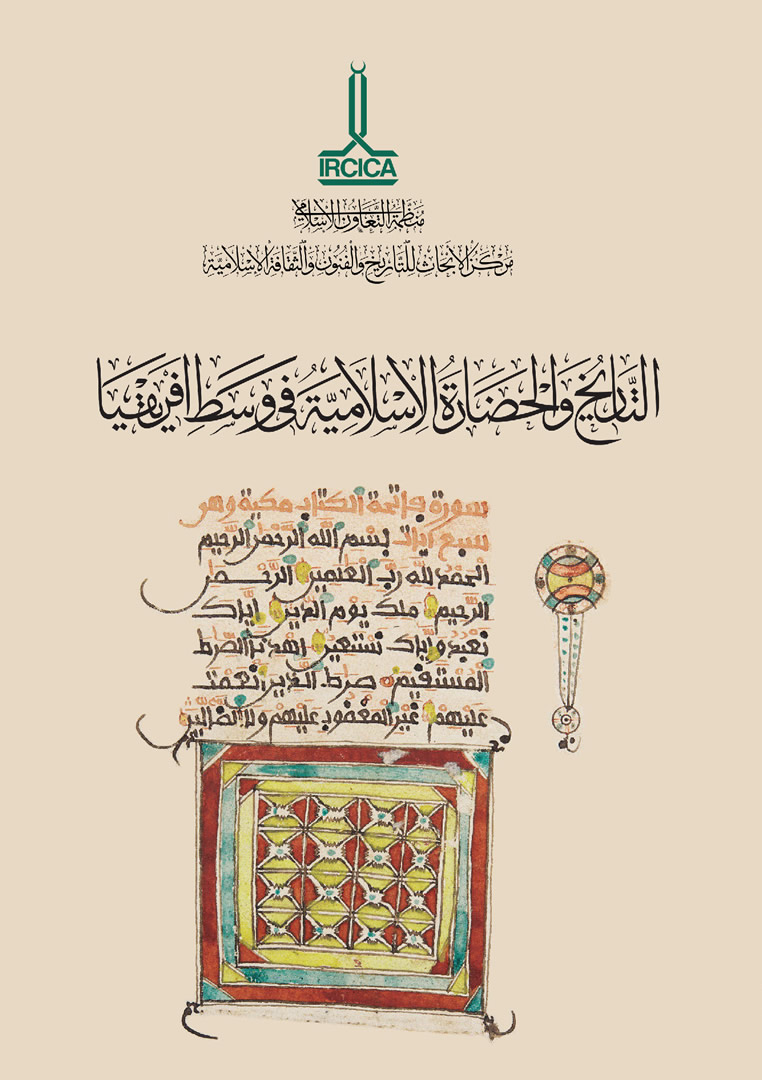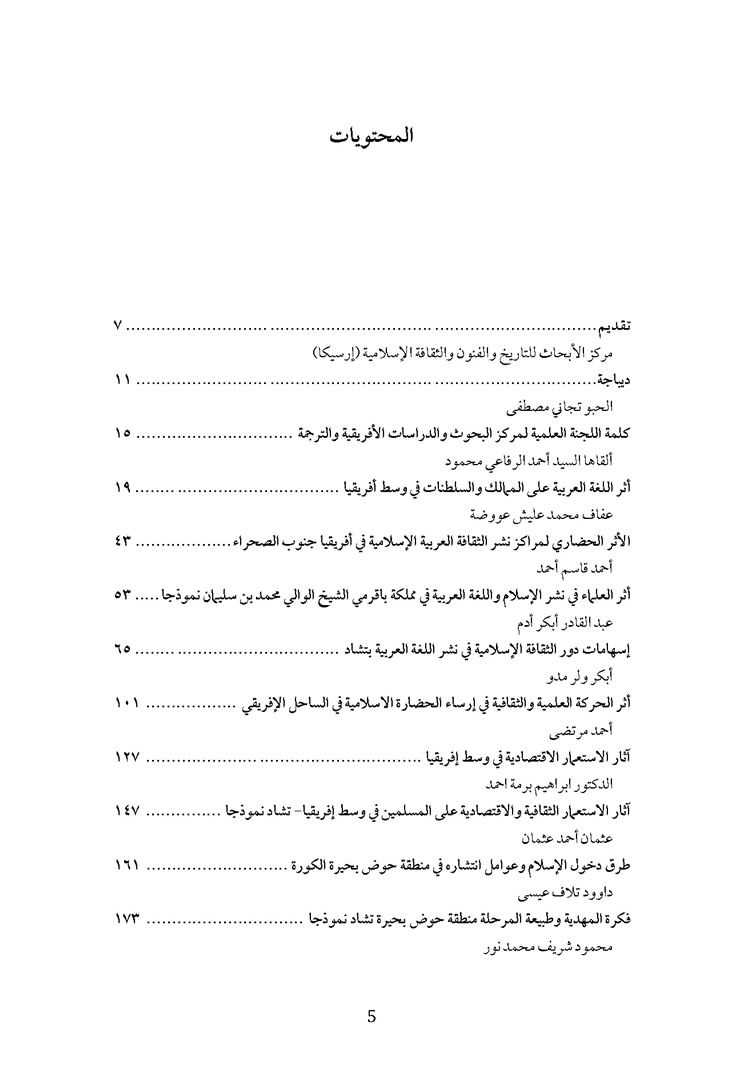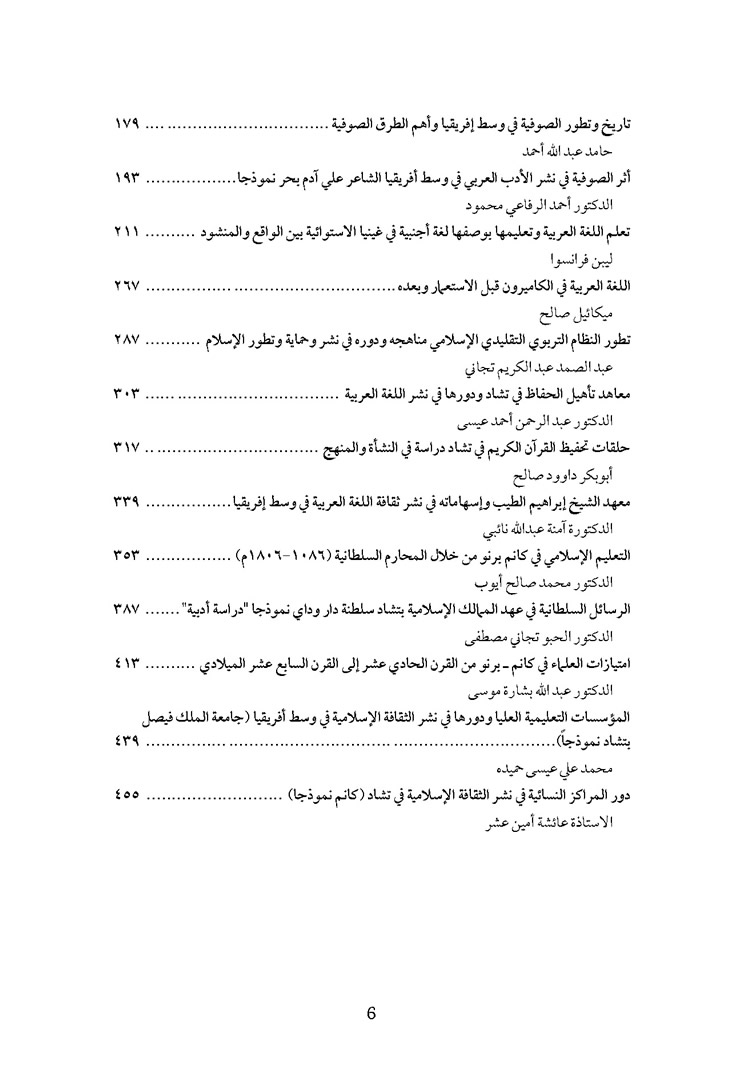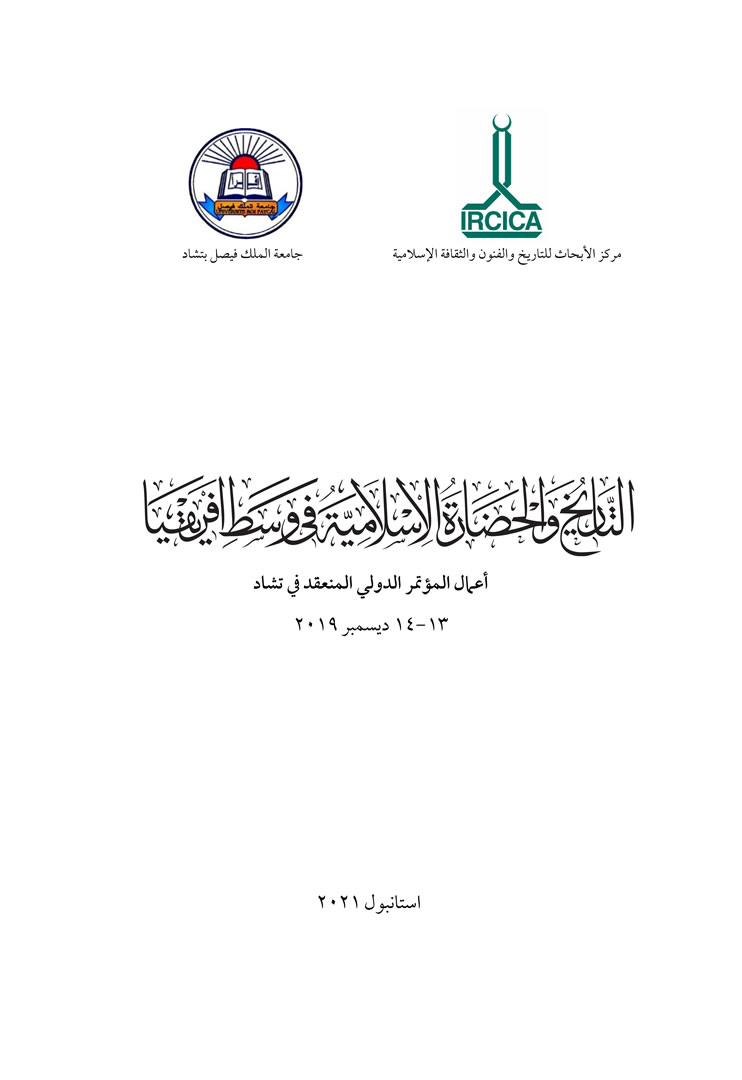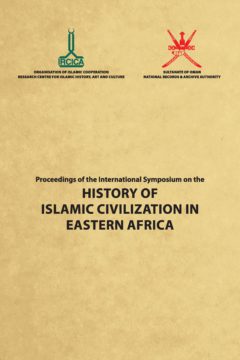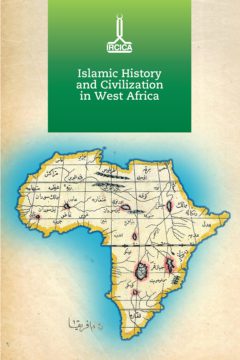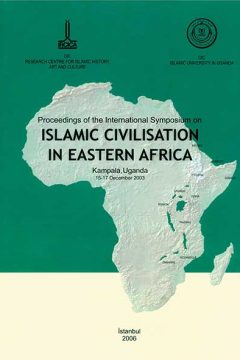The International Conference on “Islamic History and Civilization in the Central African Region” was organized by IRCICA jointly with King Faisal University of Chad under the patronage of the President of the Republic of Chad H.E. Idriss Deby, in N’Djamena, on 13-14 December 2019. The conference brought together 55 scholars and researchers from 19 countries: Algeria, Angola, Burundi, Cameroon, Chad, Central African Republic, Congo Brazzaville, Democratic Congo, Gabon, Equatorial Guinea, Mali, Morocco Niger, Nigeria, Mauritania, Senegal, Sudan, Tunisia and Turkey. The wide range of topics discussed during the congress included: the spread of Islam in Central Africa, Islamization of the Saharan region, the history of science and civilization in Central Africa, traditional religious education in Central African societies, the impact of Arabic culture and language, the evolution of intellectual and Islamic traditions, early manuscripts of Holy Quran in Central Africa, the impact of colonialism, Sufi orders, relations between Central Africa and the Middle East, relations between the Ottoman Caliphate and Sub- Saharan Africa.
Twenty-two papers, all in Arabic, are published in this volume. Their titles are: “The impact of the Arabic language on the kingdoms and sultanates in Central Africa” (Afaf Muhammad Alish Awada); “The cultural impact of centers for the dissemination of Arab and Islamic culture in sub-Saharan Africa” (Ahmed Qassem Ahmed); “The impact of scholars on spreading Islam and the Arabic language in the Kingdom of Bagrami, Sheikh Wali Muhammad bin Suleiman as a model” (Abdul Qadir Abaker Adam); “Contributions of the role of Islamic culture in the dissemination of the Arabic language in Chad” (Abakr Walar Modou); “The impact of the scientific and cultural movement on the establishment of Islamic civilization in the African coast” (Ahmed Mortada); “The economic effects of colonialism in Central Africa” (Ibrahim Barama Ahmed); “The cultural and economic effects of colonialism on Muslims in Central Africa – Chad as a model” (Osman Ahmed Osman); “Ways of entering Islam and the factors of its spread in the Koura Lake Basin area” (Daoud Talaf Issa); “The idea of Mahdia and the nature of the stage – The Lake Chad Basin region as a model” (Mahmoud Sherif Mohamed Nour); “The history and development of Sufism in Central Africa and the most Important Sufi orders” (Hamed Abdullah Ahmed); “The impact of Sufism on the dissemination of Arabic literature in Central Africa, the poet Ali Adam Bahr as a model” (Ahmed Al-Rifai Mahmoud); “Learning and teaching the Arabic language as a foreign language in Equatorial Guinea, between reality and aspiration” (Libn François); “The Arabic language in Cameroon before and after colonialism” (Michael Saleh); “The development of the traditional Islamic educational system, its curricula, and its role in the dissemination, protection and development of Islam” (Abdel Samad Abdel Karim Tijani); “Conservation and rehabilitation institutes in Chad and their role in spreading the Arabic language” (Abdul Rahman Ahmed Issa); “Memorizing the Noble Qur’an in Chad: A study in early childhood and curriculum” (Abu Bakr Daoud Saleh); “The Sheikh Ibrahim Al-Tayyeb Institute and its contributions to spreading the culture of the Arabic language in Central Africa” (Amna Abdullah Naibi); “Islamic Education in Kanem Brno through the Royal Courts (1086-1806 AD)” (Mohamed Saleh Ayoub); “Sultanate letters in the era of Islamic kingdoms in Chad, the Sultanate of Dar Wadayi as a model literary study” (Al-Habbo Tijani Mustafa); “Privileges of scholars in Kanem- Brno from the Eleventh Century to the Seventeenth Century AD” (Abd Al-Bashara Moussa); “Higher educational institutions and their role in spreading Islamic culture in Central Africa (King Faisal University, Chad as a model” (Muhammad Ali Issa Hmida); “The role of women’s centers in spreading Islamic culture in Chad (Kanem as a model)” (Aisha Amin Asher),
